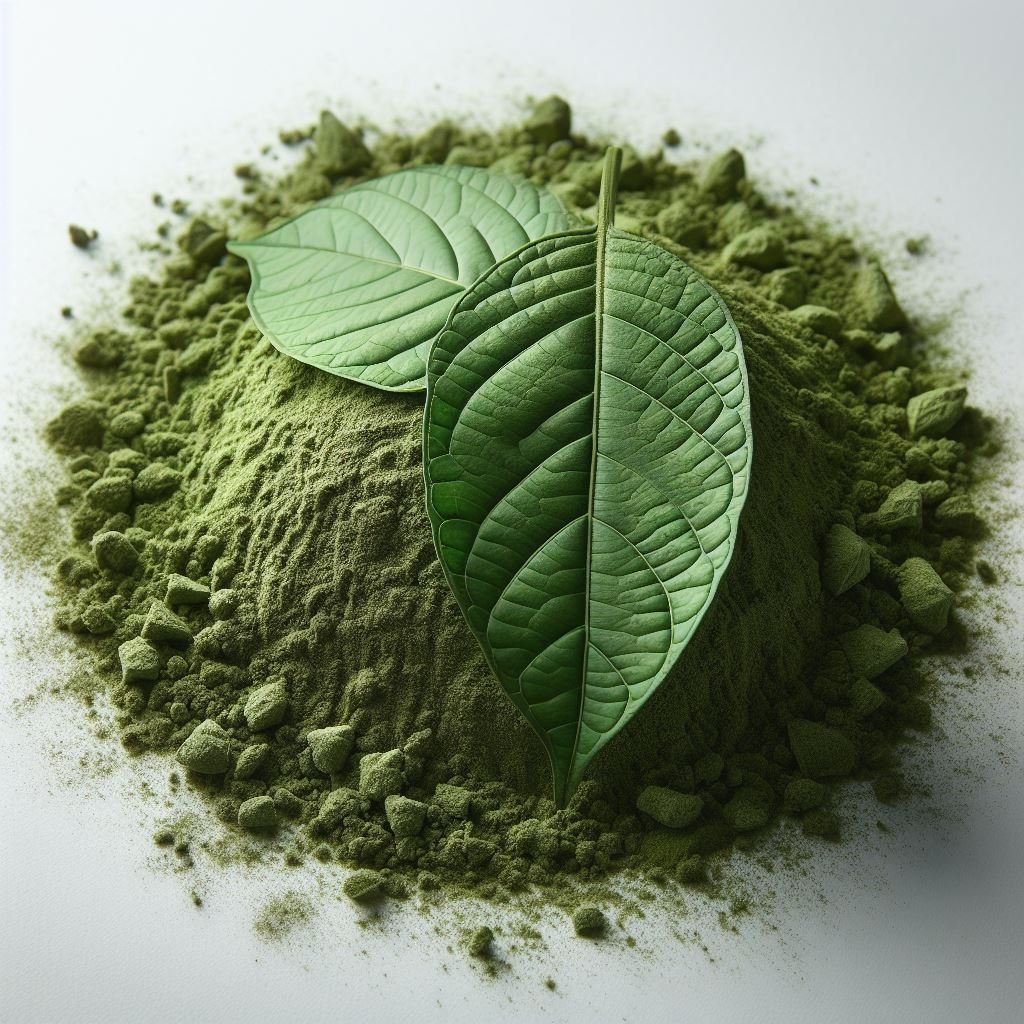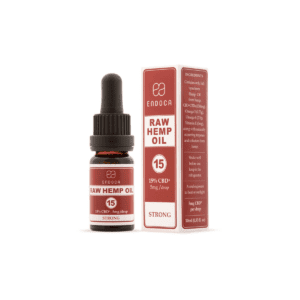
Are you noticing unexpected changes in your hair while using kratom? The question of does kratom cause hair loss is a matter of growing interest among users. Scientific research and anecdotal evidence converge on this intriguing yet concerning topic, prompting individuals to seek clarity and understanding. Delving into the complexities of kratom-induced hair loss reveals a nuanced interplay between botanical compounds and hair health, urging us to explore this phenomenon further.
Stay tuned as we unravel the mysteries surrounding kratom and hair loss.
Table of Contents
Introduction
Kratom, derived from the leaves of the Mitragyna speciosa tree, is a tropical plant native to Southeast Asia. It has garnered attention for its potential therapeutic effects, including pain relief, mood enhancement, and increased energy levels. However, alongside its benefits, concerns have emerged regarding its side effects, with hair loss being one of the topics of debate.
Understanding Hair Loss
Hair loss, medically known as alopecia, is characterized by a gradual thinning or complete loss of hair from areas of the body where it normally grows. This condition can affect individuals of all ages and genders and may result from various factors such as genetics, hormonal changes, medical conditions, or environmental influences.
Does Kratom Cause Hair Loss?

The question of does Kratom cause hair loss is a subject of ongoing research and debate. While there is limited scientific evidence directly linking Kratom use to hair loss, some anecdotal reports suggest a potential association.
Research and Studies
Scientific studies exploring the relationship between Kratom consumption and hair loss are scarce. However, researchers have investigated Kratom’s pharmacological properties and its effects on the body. These studies primarily focus on its interaction with opioid receptors in the brain and its potential as an analgesic and mood enhancer.
Mechanism of Action
Kratom contains active compounds called alkaloids, particularly mitragynine and 7-hydroxymitragynine, which interact with opioid receptors in the brain. While these interactions are primarily responsible for Kratom’s analgesic and euphoric effects, their impact on hair health remains unclear.
Factors Contributing to Hair Loss
Several factors contribute to hair loss, and while Kratom may not be directly responsible, its usage could exacerbate underlying conditions.
Genetics
Genetic predisposition plays a significant role in determining an individual’s susceptibility to hair loss. Those with a family history of baldness are more likely to experience hair thinning or bald patches.
Hormonal Imbalance
Hormonal fluctuations, such as those occurring during puberty, pregnancy, or menopause, can disrupt the hair growth cycle and lead to temporary or permanent hair loss.
Nutritional Deficiencies
Inadequate intake of essential nutrients, such as vitamins, minerals, and proteins, can weaken hair follicles and impede healthy hair growth.
Anecdotal Evidence: Kratom and Hair Loss
While scientific evidence is lacking, anecdotal reports from Kratom users suggest a potential link between Kratom consumption and hair loss. Some individuals claim to have experienced increased shedding or thinning of hair after prolonged Kratom use.
Potential Solutions
Addressing hair loss involves adopting a holistic approach that encompasses lifestyle modifications, dietary changes, and, in some cases, medical interventions.
Maintaining a Balanced Diet
A diet rich in vitamins, minerals, and proteins is essential for promoting healthy hair growth and preventing hair loss. Incorporating foods such as fruits, vegetables, lean proteins, and whole grains can provide the nutrients needed for optimal hair health.
Supplements and Vitamins
Supplements containing biotin, vitamin D, iron, and zinc have been shown to support hair growth and combat hair loss. Consultation with a healthcare professional is recommended before starting any new supplement regimen.
Topical Treatments
Topical treatments, such as minoxidil or hair growth serums, may help stimulate hair follicles and promote regrowth in individuals experiencing hair loss. These treatments should be used under the guidance of a dermatologist.
Consulting a Healthcare Professional
If experiencing significant hair loss or changes in hair density, it is advisable to seek medical advice from a healthcare professional. A dermatologist or trichologist can assess the underlying cause of hair loss and recommend appropriate treatment options.
Conclusion
While the question of whether Kratom directly causes hair loss remains unanswered, it is essential to approach its usage with caution and awareness of potential side effects. Individuals experiencing hair loss should prioritize overall health and seek personalized advice from healthcare professionals.
FAQs
- Is Kratom safe to use?
- While Kratom is considered relatively safe when used responsibly, excessive or prolonged use may lead to adverse effects, including dependence and withdrawal symptoms.
- Can hair loss from Kratom be reversed?
- The reversal of hair loss depends on various factors, including the underlying cause and individual response to treatment. Seeking medical advice is recommended for personalized recommendations.
- Are there any alternative remedies for hair loss?
- Yes, alternative remedies such as acupuncture, scalp massage, and essential oil treatments may complement conventional approaches to hair loss management.
- Does Kratom affect everyone’s hair the same way?
- Individual responses to Kratom may vary, and while some individuals may experience hair-related side effects, others may not notice any changes.



